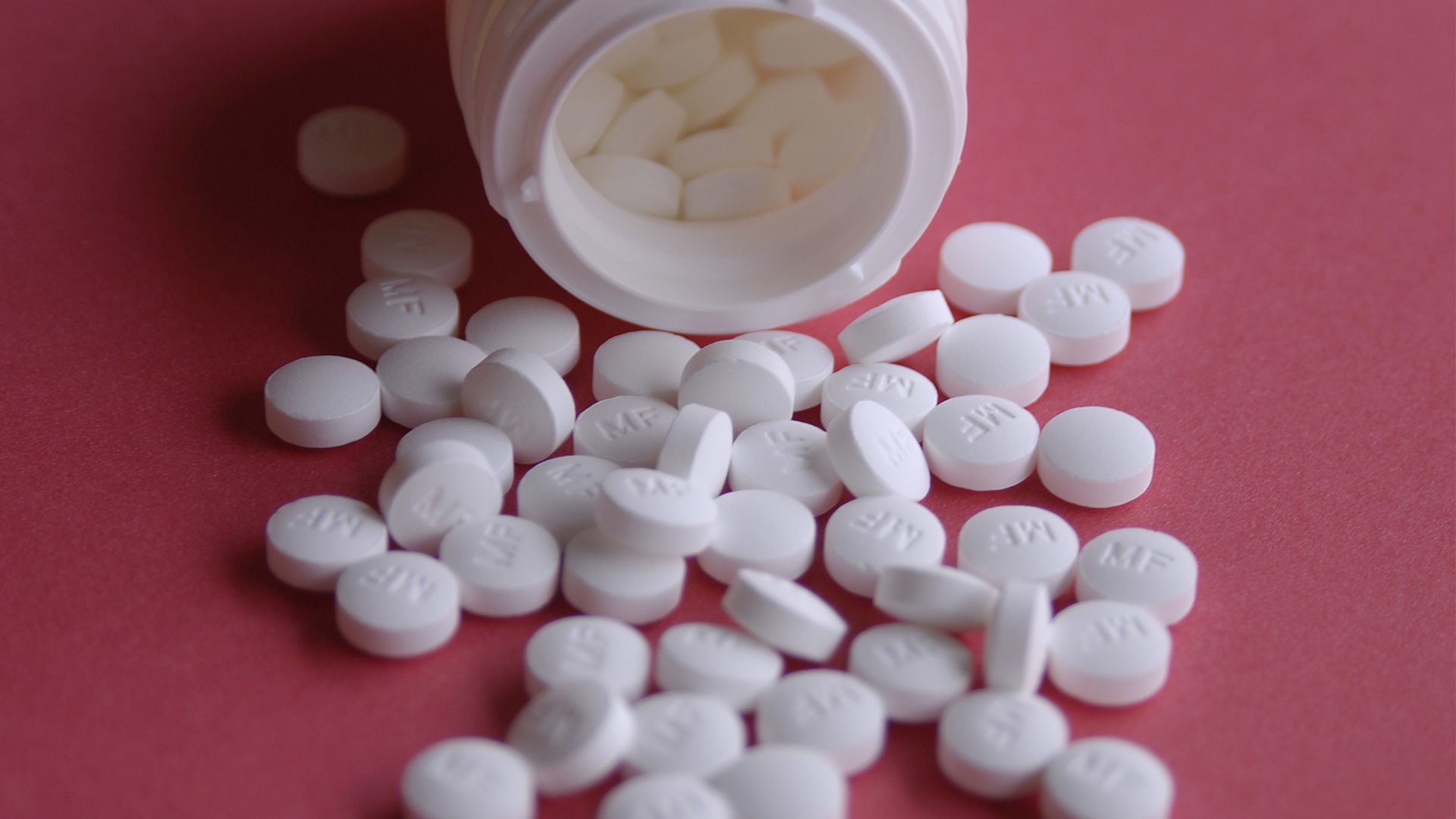
For potentially millions of people who survive a bout of COVID-19, there are punishing months of chronic symptoms to bear afterward — a syndrome known as long COVID. Now, a study shows that taking the relatively inexpensive drug metformin during a COVID-19 infection can decrease risks of developing long COVID by more than 40%, on average.
The drug may be most effective in the early days of illness. Participants who took metformin within four days of their COVID-19 symptoms starting had a 60% lower chance of long COVID, while those who took the drug after four days saw slightly less benefit. However, this finding should be interpreted with caution, the researchers noted.
The study, published June 8 in the journal The Lancet Infectious Diseases, investigated the outcomes for COVID-19 patients who were overweight or obese, a demographic with a high risk of severe illness from the coronavirus. The studied drug — metformin — is a relatively accessible treatment across the world and widely used for other conditions. Its safety has been thoroughly researched, even for pregnant and lactating women.
"I for one was very surprised by the results," Dr. David Boulware, an infectious disease physician-scientist at the University of Minnesota and one of the leaders of the study, told Live Science in an email.
Related: These 4 risk factors may increase your chance of long COVID, study hints
Metformin is primarily used to treat type 2 diabetes and gestational diabetes and helps the body lower blood sugar levels. Previous modelling studies had suggested that it could potentially suppress the coronavirus' ability to build new proteins, and thus, make copies of itself.
This prompted the researchers to design a clinical trial for metformin to see if it could prevent the development of severe illness in COVID-19. However, increasing awareness of long COVID led the authors to add follow-up surveys to investigate metformin's potential preventative action against this outcome, too.
The study included 1,126 participants who consented to long-term follow-up and completed at least one survey 180 days post-treatment or later. Of these patients, 93 would report being diagnosed with long COVID within the 300 days post-treatment. Roughly half the participants had been prescribed metformin during their COVID-19 infections and the other half a placebo. Two other drugs, ivermectin and fluvoxamine, were also included in the trial but were not found to prevent long COVID.
The definition of long COVID has been updated frequently and the condition's symptoms can fluctuate, making them difficult to assess, the study authors noted. In the trial, the researchers only counted long COVID cases that had been diagnosed by a medical provider following a participants' initial illness. By this criteria, 6.3% of those who received metformin after contracting COVID-19 developed long COVID, compared to 10.4% of those who received the placebo.
"While metformin had theoretical reasons why it could have clinical benefits, a lot of concepts don't actually pan out when tested," said Boulware.
The study was unique in that it included pregnant and lactating women, who are prone to poor outcomes from COVID-19 but excluded from 99% of clinical trials not directly related to childbirth.
Although the trial was limited to people who are overweight or obese, the team thinks metformin works by acting on the coronavirus itself, and "this effect should be present regardless of BMI," Boulware said. However, he cautions that "at present, we can conclusively say that we don't know for sure."
Nonetheless, the study points toward an important therapeutic solution for a demographic that is particularly vulnerable to poor outcomes from COVID-19.
The work by Boulware and his colleagues is valuable in that it's focused on "providing answers to the community at extreme risk of poor outcomes — obese patients," said Dr. Valentina Puntmann, a cardiologist and co-author of the American College of Cardiology 2022 Guidelines on Postacute Cardiac Sequelae (PASC) of COVID.
In an email, Puntmann praised the trial organizers' use of a medication that's readily available, which she said "should be a priority of the public health research." She suggested that metformin may protect against long COVID by reducing vascular damage caused by high blood sugar levels and related immune system changes that "appear to drive the long-covid symptoms."







